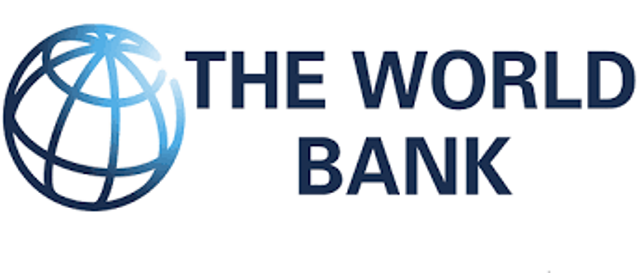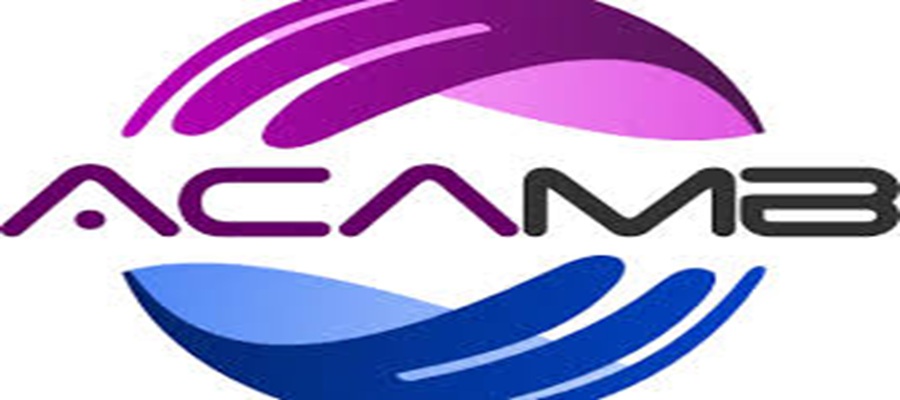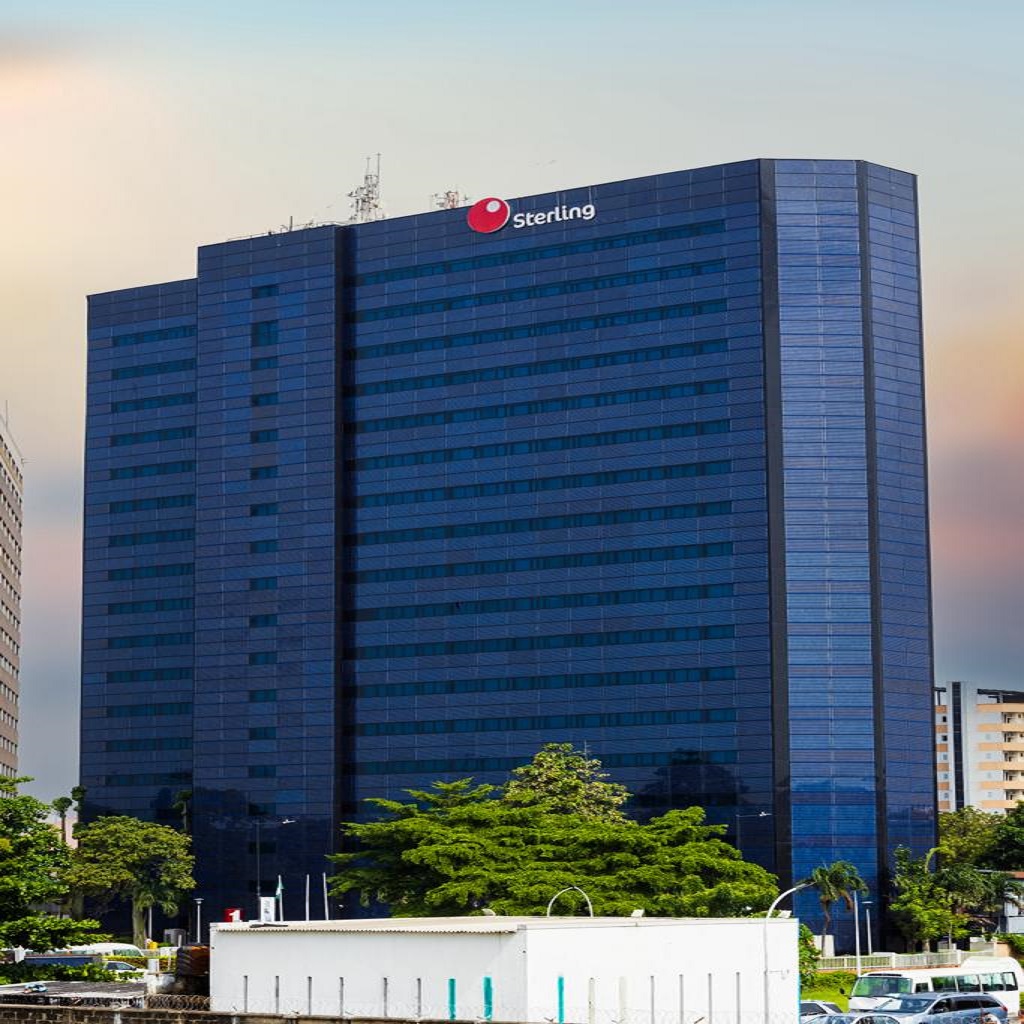E-Financial
World Bank Suggests Steps for Nigeria, Others to Avoid Debt Distress

David Malpass, president, World Bank has highlighted steps for low-income countries experiencing high debt and deficit levels to avoid debt distress and turn their deficits to surplus.

High debt and inflation are two big problems facing global growth.
Due to high debt and deficit levels, countries such as Nigeria and other developing economies are under severe financial stress.
Sixty per cent of low-income countries are already in debt distress or at high risk of it.
Speaking yesterday at a roundtable opening section to mark the beginning of this month’s Spring Meetings, Malpass suggested steps to improve the implementation of the common framework on debt and inflation reduction.
The World Bank chief asked Nigeria and others to establish a timeline for forming creditors’ committees, suspend debt service payments and penalty interest and focus on expanding eligibility.
He also called for a simple rule so that it can be evaluated and enforced, and engaging commercial creditors at the beginning of the process.
The debt crisis is expected to continue to worsen in 2022.
On the contagious issue of rising inflation problem, which is causing immense strain, he said policies need to be adjusted to enhance supply, not just increasing demand.
“Markets are forward-looking so it’s vital for governments and private sectors to state that supply will increase and that their policies will foster currency stability to bring down inflation and increase growth rates. This is especially important as global supply chains shift away from dependency,” he stated.
Malpss said central banks need to use more tools under current policies, adding the inequality gap has widened materially, with wealth and income concentrating in narrow segments of the global population.
His said interest rate hikes, if that’s the primary tool, will add to the inequality challenge that the world is facing.
He urged central banks to use more of their tools, not just interest rates.
“Capital is being misallocated now. One of the focal points should be using all the central bank tools so that capital is allocated in a way that helps increase supply. That will be an effective way to address inflation,” he said.
Some of the tools advocated by Malpass include: changing the duration of their portfolio – it would be very helpful to shorten it; encouraging supply through their regulatory policies; providing forward guidance that fosters currency stability and other tools as well to powerfully addressing the inflation problem.
According to his, global trade is still facing quotas, high import tariffs, high export tariffs, expensive food price subsidies, and even export bans on food products.
“These should stop,” he said, adding that the international community needs to immediately step up emergency assistance for food insecurity and help bolster social safety nets.
He announced that the World Bank was providing roughly $17 billion per year to strengthen food security – a big part of the global effort.
On COVID-19, he said the World Bank Group expanded its financing rapidly, reaching $157 billion in the 15 months ending June 2021, with vaccines a big part of this effort.
“We now expect to have committed $11 billion to purchase and deploy vaccines in our current fiscal year ending June 30, benefiting 81 countries. This has been a massive effort by our country teams around the world and has brought hundreds of millions of shots to arms,” he stated.
E-Financial
ACAMB Educates Content Creator to Curb Misinformation on Bank Recapitalisation

In a bid to foster accurate public discourse as well as protect the stability of the financial sector, the Association of Corporate and Marketing Professionals in Banks (ACAMB) has stepped in to educate renowned content creator, Unofficial Osas, following his misrepresentation of facts concerning the Central Bank of Nigeria’s (CBN) recapitalisation drive, and subsequent invitation by the Nigerian Police Force.

ACAMB
The intervention by ACAMB led to the successful retraction of a misleading video regarding the CBN recapitalisation policy, demonstrating the Association’s commitment to its core mandate of public enlightenment.
In his official apology video, the content creator stated, “I was invited by the Nigerian police force national cyber crime centre in Abuja over the video I posted on the 15th of December, where i spoke about 12 banks that were shut down in relation to the CBN recapitalisation policy. I would like to offer an official retraction of that video and want to reiterate that no bank is shutting down.
“As a matter of fact, most of the banks have now met the ₦500 billion minimum capital base for banks with international and the N200bn for national banks recapitalisation requirements, so no bank is shutting down.
“I want to specifically appreciate ACAMB. They were very professional in handling this case and did well to educate and enlighten me on the recapitalisation process. I am now better informed and know better”
Commenting on the resolution, President of ACAMB, Jide Sipe, reinforced the Association’s dedication to protecting the integrity of the banking sector. “ACAMB stands for the restoration of professional banking ethics and public confidence through seamless information management and public enlightenment.
“We believe that an informed public is an empowered public. By engaging Unofficial Osas, we ensured that accurate information regarding the resilience and strength of our banks was disseminated to the millions of Nigerians who follow him.”
The Intervention shows ACAMB is dedicated to evolving strategies that enhance and sustain a good image for the nation’s banking sector as well as assist in fostering better banking habits among Nigerians.
E-Financial
FirstCap MD says Payment Security Remains Biggest Barrier to Bankable Gas and Power Projects

Ukandu E. Ukandu, Managing Director/CEO of FirstCap Limited, a leading investment banking firm and subsidiary of First HoldCo Plc., has reaffirmed that payment security remains the most decisive factor in determining whether gas and power projects in Nigeria secure financing.

He shared this perspective during a panel discussion on project bankability at the 2026 SPE Lagos Energy Week.
Ukandu noted that although several risks influence financing decisions, payment risk consistently emerges as the key barrier to financial close.
“Every major risk matter, but payment risk is the ultimate deal‑breaker. Without strong payment security and disciplined collections, no project can attract sustainable financing,” he said.
He explained that lenders typically evaluate three core risk pillars, payment reliability, foreign‑exchange exposure, and contract enforceability, with payment reliability presenting the greatest challenge across Nigeria’s energy value chain. Persistent collection inefficiencies, rising arrears, and liquidity pressures continue to weaken investor confidence.
To enhance payment security, Ukandu highlighted mechanisms widely used by financiers, including letters of credit, bank guarantees, escrow accounts with payment‑waterfall structures, reserve and sinking funds, sovereign or sub‑sovereign support, and take‑or‑pay offtake agreements.
Addressing foreign exchange risk, he noted that volatility remains difficult to manage, especially for projects with dollar‑denominated costs but naira‑denominated revenues. Lenders typically mitigate this through foreign exchange ‑linked tariff indexation, partial dollarisation for credible industrial offtakers, escrow protections, selective hedging, and foreign exchange reserve buffers.
However, he cautioned that indexation alone seldom eliminates exposure due to regulatory limits and timing delays.
On legal and regulatory certainty, Ukandu stressed the need for contracts that are enforceable and clearly structured, particularly around take‑or‑pay obligations, termination payments, step‑in rights, and dispute‑resolution frameworks. He added that factors such as tariff adjustments, licence changes, and price controls can significantly affect project viability if they are not fully addressed at the contracting stage.
While fiscal incentives such as tax holidays and accelerated depreciation can strengthen project economics, Ukandu emphasised that they cannot compensate for weak fundamentals.
“Incentives make a good project better, but they do not make a weak project bankable. Cash‑flow reliability and disciplined foreign exchange management must come first,” he said. He also noted that naira‑based incentives may lose value if project revenues are not indexed.
He concluded by urging industry players to prioritise revenue security from the earliest stages of project structuring: “Protect returns at the source. Build strong offtake arrangements with solid credit support and currency alignment to ensure cash is received in full and on time.”
E-Financial
Sterling HoldCo Starts Allotment of Oversubscribed Public Offer Shares

Sterling Financial Holdings Company Plc (Sterling HoldCo) has begun allotting 12,581,000,000 ordinary shares of 50 kobo each at ₦7.00 per share from its 2025 Public Offer.

Sterling HoldCo
The process follows Central Bank of Nigeria (CBN) and Securities & Exchange Commission (SEC) approvals.
The offer, opened September 15, 2025, drew 18,280 applications for 16.84 billion shares worth ₦117.88 billion—109.79 per cent oversubscribed.
Valid applications from 18,276 shareholders totalled 13.81 billion shares; all compliant applicants receive full allotments.
Refunds for rejects/excess, plus interest, process via RTGS/NIBSS by February 17, 2026, handled by Pace Registrars Limited.
Shares credit to CSCS accounts by the same date; new accounts held in pool pending documentation.
The raise bolsters capital for banking subsidiaries, injects ₦10 billion into SterlingFI Wealth Management to meet SEC rules, and funds credit expansion, innovation, and support for businesses/households.
Strong Financials, Diversified Growth
FY25 interim results show 99 per cent profit before tax growth; gross earnings up 46 per cent to ₦476.5 billion; assets at ₦3.92 trillion; deposits up 18 per cent to ₦2.98 trillion; shareholders’ funds up 39 per cent to ₦424 billion.
Cost-to-income ratio improved to 63 per cent from 72 per cent.
Subsidiaries—Sterling Bank Limited (conventional), The Alternative Bank Limited (non-interest, 150+ branches)—comply with CBN capital rules.
Initiatives include Mata Zalla (women tricycle training) and Plateau agriculture programme.
The offer attracted first-time retail investors, broadening ownership.
Sterling HoldCo welcomes new shareholders, poised for sustained growth and economic impact.

 Telecom3 days ago
Telecom3 days agoBanks, Telcos Settle Four-Year Dispute over N300Bn USSD Debt

 Telecom2 days ago
Telecom2 days agoGroup Condemns Gabon’s Social Media Shutdown Amid Protests

 General News2 days ago
General News2 days agoHow JustMarkets Is Empowering African Traders with Global Market Access

 E-Financial2 days ago
E-Financial2 days agoACAMB Educates Content Creator to Curb Misinformation on Bank Recapitalisation

 General News3 days ago
General News3 days agoPalmPay Unveils First Batch of Winners in #LoveWithPalmPay Campaign

 E-Business2 days ago
E-Business2 days agoMutual Benefits Assurance Settles ₦5.9bn Claims in January 2026

 Telecom2 days ago
Telecom2 days agoIXPN Positions as the Regional Internet Exchange Hub for West Africa

 E-Financial3 days ago
E-Financial3 days agoFirstCap MD says Payment Security Remains Biggest Barrier to Bankable Gas and Power Projects























